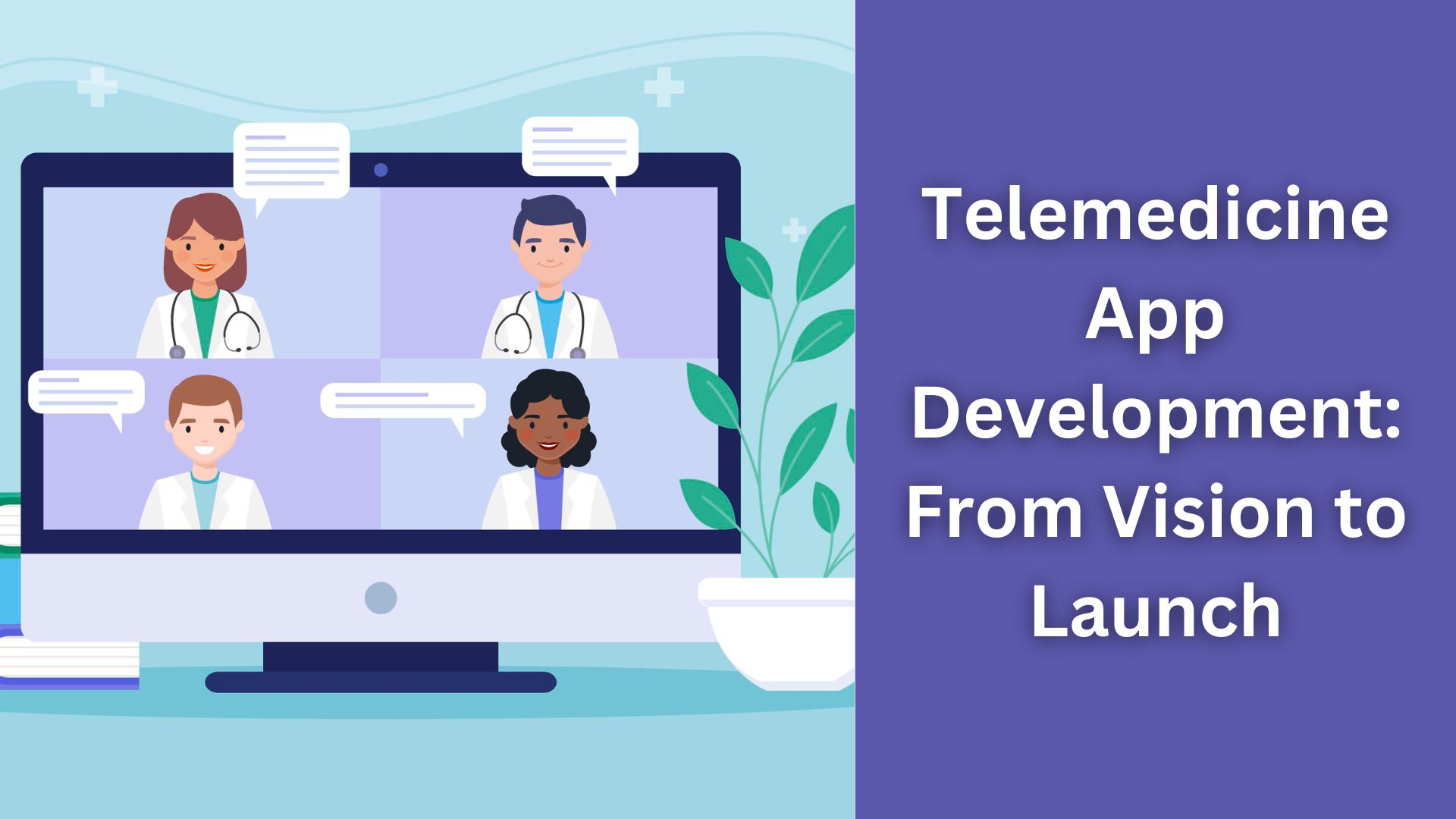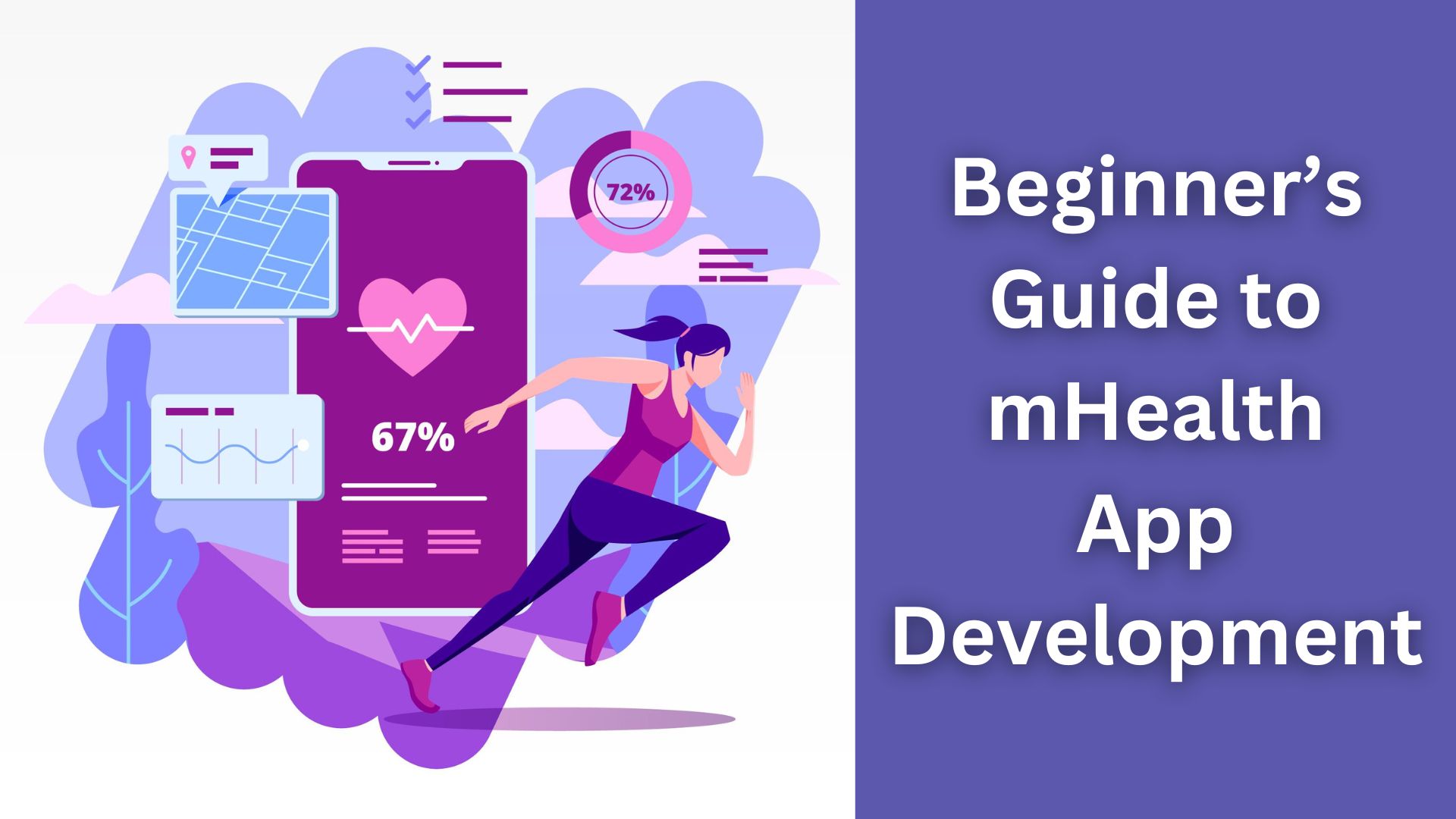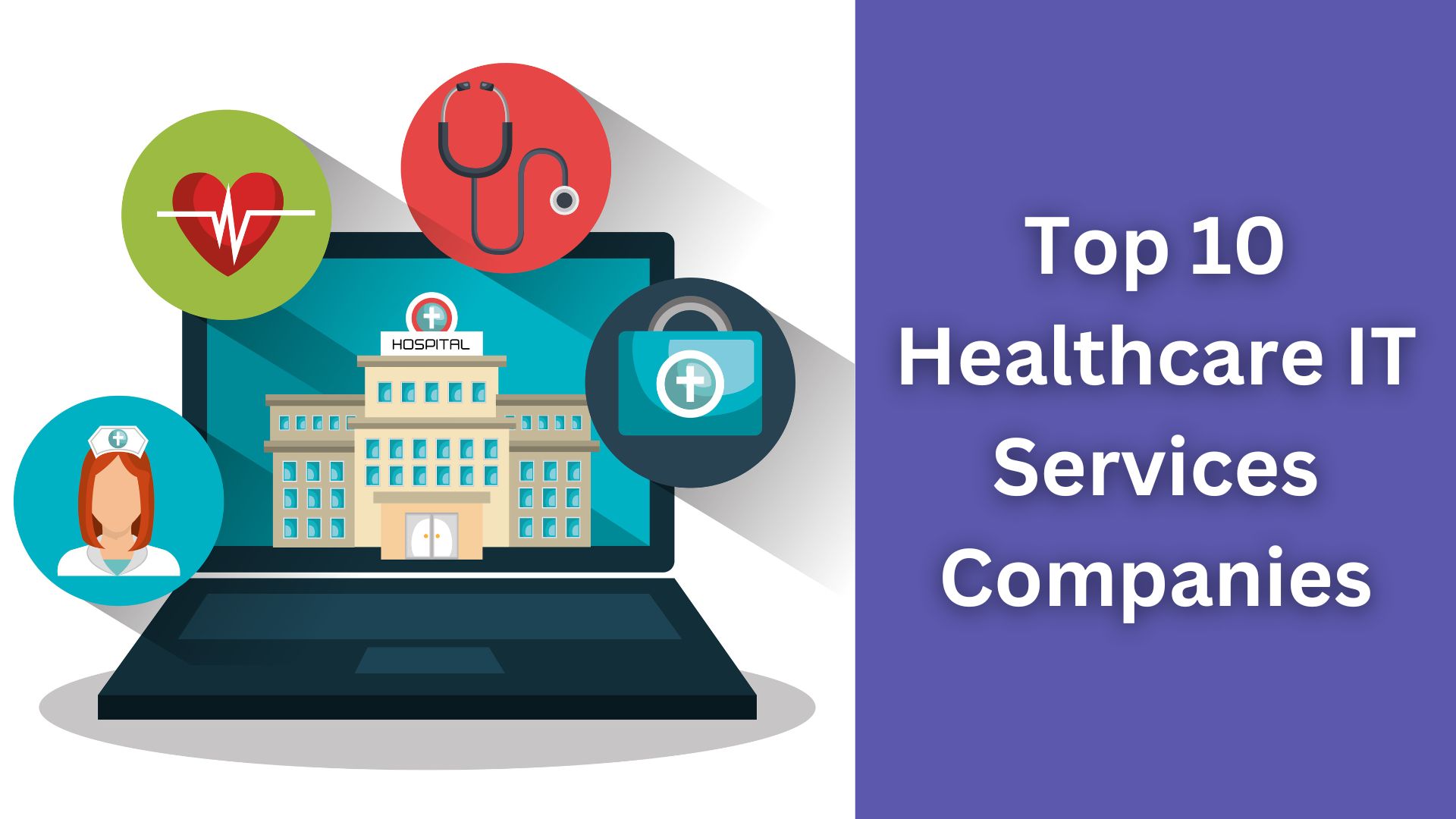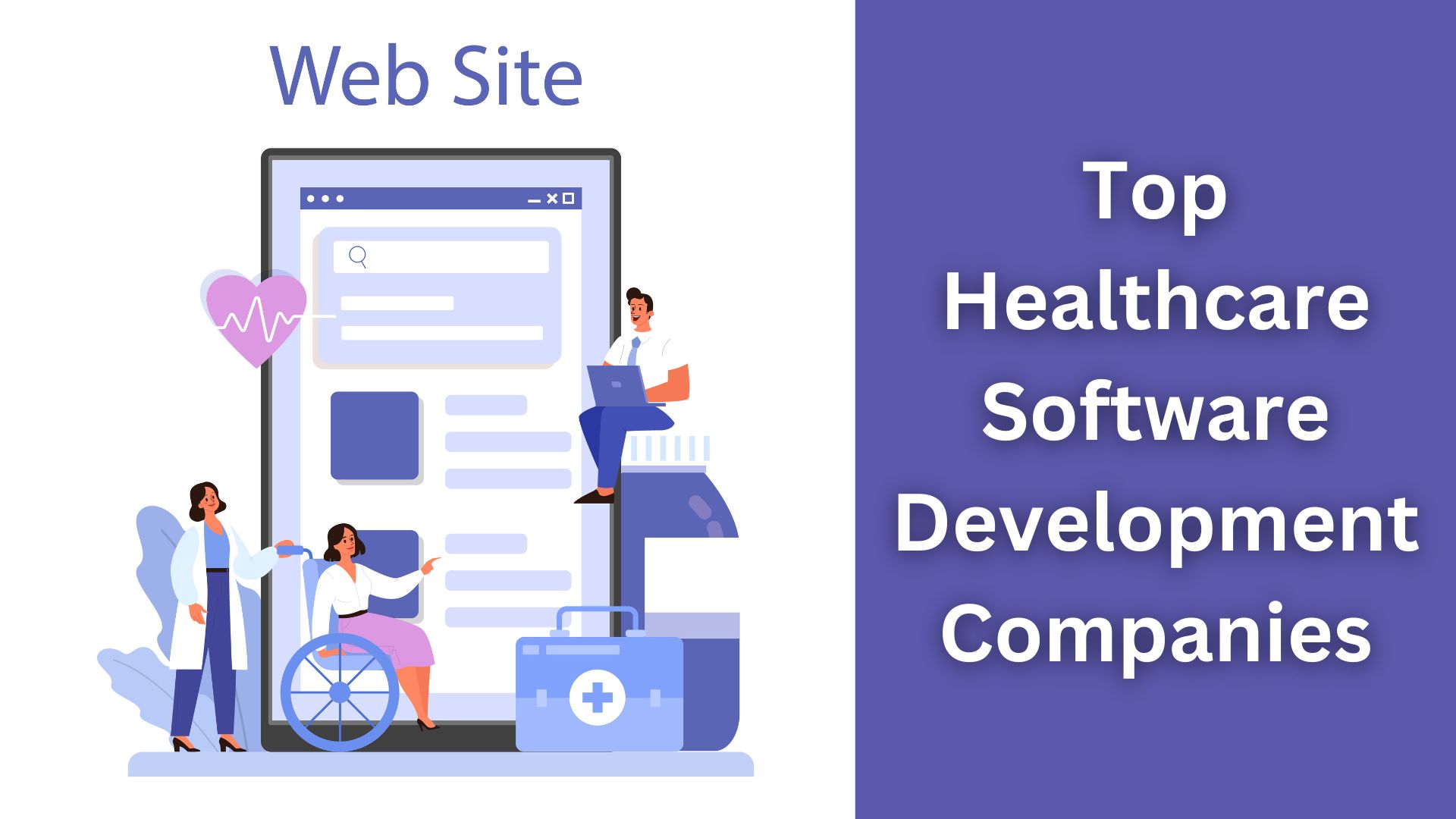2026 Handbook for Successful Healthcare Software Development
As of 2025, technology innovations contribute $350-$410 billion annually to the healthcare sector. So, this trend shows that from 2024 to 2031, the global healthcare software development market is expected to grow at a CAGR of 5.68%. Something that McKinsey predicts according to their market research.
All in all, custom software development for healthcare sector is gaining popularity with providers and practitioners expressing the need to go digital savvy. Not just to streamline operations but to boost the quality of patient care. Moreover, new and evolving technologies like AI, cloud, data analytics, etc, can help build modern healthcare technology solutions that are efficient and user-friendly.
So, this blog is a comprehensive guide for business stakeholders to explore the healthcare software development opportunities in the USA. Above all, let’s reflect upon the types of healthcare software products to build in 2026, key benefits of medical software development, and emerging trends to implement to level up patient care and healthcare workflows.
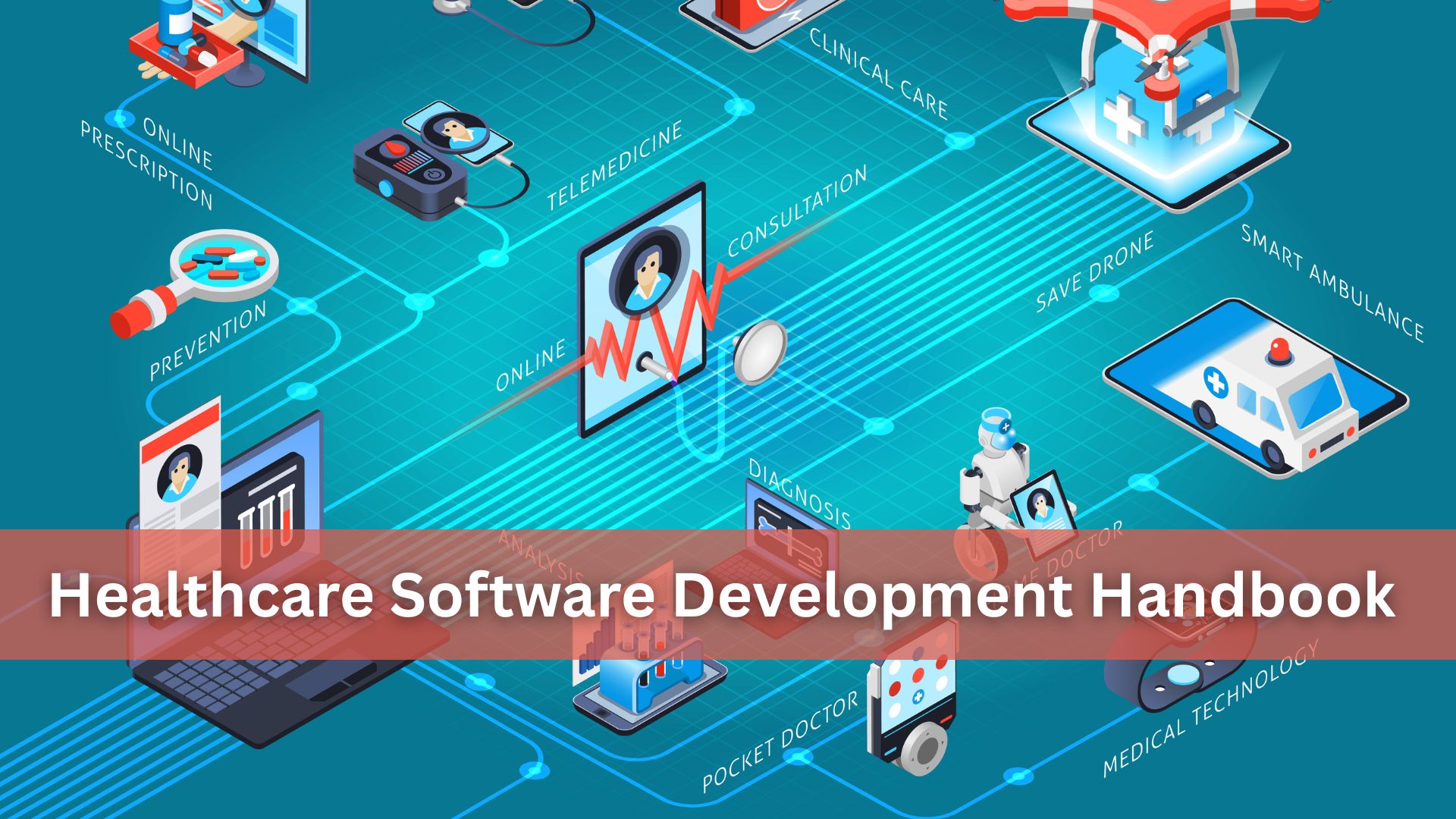
Benefits of Custom Healthcare Software Development
All in all, software development for healthcare businesses, whether patient or provider-centric, drives numerous improvements related to cost, business efficiency, and patient care.
- Reduces healthcare paperwork and eventually related costs: Helps in automating tasks such as patient registration, form fill-up, data storage, etc., by automating manual paperwork.
- Reduced errors in Medical data: EHR management software for healthcare data analytics plays a crucial role in eliminating data-related errors by simplifying data management and reducing the scope of manual data entry tasks.
- Boost Patient Data Security: Secure patient data and facilitate seamless sharing between patient and provider through multi-factor authentication systems, firewalls, encryption, and spam filters.
- Better Communication between Patient and Healthcare Provider: Having a telemedicine platform for doctors reduces communication friction between providers and patients. Virtual consultation apps are the best use cases. Facilitates anytime and anywhere consultation between patient and doctor for enhanced peace of mind.
- Stricter Regulatory Compliance: Software development for healthcare companies ensures the protection of patient healthcare records under the HIPAA or relevant regulatory act. This leads to better patient privacy.
Types of Patient-Centric Healthcare Software Products
These applications can improve patient care significantly by digitizing manual workflows and automating critical patient-centric functions.
- EHR Management Software (Electronic Health Record): Helps in digitizing the medical records of a patient. Both practitioners and patients can access it electronically to make informed decisions about patient health.
- Medical CRM Software: Efficiently manage patients and referrals to facilitate strong customer relationships. Best for customized communication, appointment reminder, and post-visit follow-ups.
- Telemedicine Platform for Doctors: Best suited for remote consultations between healthcare providers and patients. Primarily through a video call-based setup. Improves the convenience and efficiency of delivering quality healthcare.
- Clinical Decision Support Systems (CDSS) Software: Integrates patient data with clinical knowledge to help doctors make smarter and evidence-led decisions about individual health. Comes with essential features like diagnosis, treatment plans, and potential health risks.
Types of Provider-Centric Healthcare Software Solutions
These software solutions allow healthcare providers to enhance overall productivity, efficiency, and level up their standards of patient care.
- Medical Practice Management Software: Helps in automating healthcare operations through customized workflows. Best for a fast-paced hospital or related medical environment. Simplifies managing medical practice by reducing the rate of error.
- Healthcare RCM software: Healthcare Revenue Cycle Management software helps in automating medical billing and insurance claim management for healthcare service providers. Optimizes and improves healthcare financial management processes.
- Healthcare PACS software: Healthcare Picture Archiving and Communication Systems can store, share, and retrieve medical imaging data to boost the accuracy of diagnosis. Best for healthcare providers for fast access to critical medical imagery to make necessary health-related decisions. Promotes seamless communication and collaboration between specialist practitioners.
- Healthcare Analytics and Business Intelligence Software: Get data-driven insights to help practitioners and doctors boost their clinical outcomes. Maximize operational efficiency and boost productivity in the healthcare environment. Get a bird’s eye view of large data sets converted into interactive dashboards. Optimize patient management, healthcare processes, and business performance with hidden insights. Also, elevate patient care and accuracy of diagnosis.
- Medical Inventory Management Software: Best for maintaining a continuous supply of medical items in healthcare facilities. It has features like inventory management, warehouse management, Cost management, etc. Prevent supplies from going out of stock with appropriate inventory levels.
- Medical Education and Training Software: Best suited for the training and education of new medical professionals and experienced practitioners. Assess clinical skills, medical knowledge, and learn patient scenarios through virtual modules and educational content. Level up the knowledge of healthcare providers for efficient patient care.
Step-by-Step Process for Healthcare Software Development
The exact process to build a healthcare app or an entire end-to-end software system may vary depending on the product size and scale. But overall, it has to go through these stages first:
- Product ideation
- Defining the target audience
- Streamlining requirements
- UI/UX designing
- Build a reliable team of business analysts, developers, and testers
- Create an MVP, test it, and gather relevant feedback
- Build the full-scale software and launch it via agile workflows
- Monthly ongoing support and maintenance.
Emerging Healthcare Software Development Trends in 2026
- VR and AR Technologies: Healthcare providers can leverage AR and VR to improve patient training, health education, and surgical planning. Medical professionals can level up their skills and reduce the chances of human errors.
- Internet of Medical Things (IoMT): IoMT refers to connecting various Medtech devices together for interconnected healthcare monitoring and assistance. Driven by aspects like remote patient monitoring and e-prescription management, IoMT helps in reducing patient costs and offers long-term health improvement benefits.
- Artificial Intelligence and Machine Learning (AI/ML): Integrating AI/ML into software development for healthcare products can open an endless spectrum of possibilities for business stakeholders. Based on huge data sets and advanced algorithms, automate manual patient management tasks, analyze and interpret health data patterns exponentially, recognize patterns, enable precise diagnosis, and predict possible future illnesses. Also, reduce errors drastically.
- Blockchain: Be it EHR Management Software, a telemedicine platform for doctors and patients, or any other clinical software dealing with extensive patient data. Implementing blockchain can manifold the levels of healthcare data security, promote enhanced transparency, and innovation via a decentralized platform. Healthcare practitioners and insurance providers can leverage blockchain to improve the performance and accuracy of patient data management.
- Big Data Analytics: Leveraging this Technology into healthcare software development enables businesses to mine, analyze, understand, and use large sets of healthcare data for strategic business decisions. It may be patient-centred or overall business operations data. Helps in personalizing patient care and predicting risk factors and health patterns.
- Cloud: Add cloud technology to your healthcare software and transform patient care by leveling up patient service quality. Optimize operations by migrating in-house infrastructure and data to the cloud and enabling real-time access to critical healthcare services. Best suited for both small clinics and large hospitals.
ChromeInfo Technologies: Top Healthcare Software Development Services
Ranking amongst the leading and highly trusted healthcare software development companies in the USA, ChromeInfo Technologies has a 14-year track record in delivering successful healthcare technology projects to both startups and enterprises.
Moreover, our team of experts includes product specialists, UX designers, full-stack developers, and quality assurance specialists who leverage an agile model to deliver the best quality healthcare software solutions.
- Firstly, we ensure complete compliance with USA healthcare regulations.
- Furthermore, get round-the-clock support and maintenance assistance.
- Moreover, we help healthcare businesses build technology products leveraging trending technologies like AI and Cloud.
- Lastly, our team build secure apps with data and key information protected through multi-layered security protocols and workflows.
Partner with ChromeInfo Technologies for Your Next Software Project
Undoubtedly, start building your healthcare software today with ChromeInfo Technologies. Straightaway, start with our 80-hour risk-free trial services to assess our team first across multiple areas via a test task and get daily progress reports. Moreover, see what it is to work with a reliable and established healthcare software development partner, and build a foundation for long-term collaboration.
Frequently Asked Questions (FAQs)
Why Should I Partner with ChromeInfo Technologies for Medical Software Development?
Firstly, our team has 14+ years of extensive end-to-end experience in building cutting-edge and high-performance platforms for healthcare businesses across web, mobile, and cloud platforms. Secondly, we have successfully delivered 100+ projects to date. Avail our 80-hour risk-free trial to learn more about how we can help you build the best healthcare software solutions.
What are your technology specialities in Healthcare Software Development for the USA businesses?
Overall, we specialize in both open source and Microsoft technologies for building end-to-end healthcare software products for the USA startups and enterprises. Specifically, some of those include .NET, JavaScript Frameworks, Python, Ruby on Rails, PHP, Azure, AWS, Power BI, Azure AI, and much more.
What USA healthcare regulatory compliances do you specialize in?
In summary, we specialize in HIPAA, HL7 FHIR, PCI, ICD-10, FDA, and HITRUST healthcare regulatory compliance for the USA market. Moreover, we will ensure data protection and security end-to-end for your healthcare software system.
Do you provide monthly ongoing support and maintenance assistance for healthcare software products?
Certainly, we do. Also, depending on your needs and project complexity, we can curate a personalized monthly support and maintenance plan for your post-product launch needs.
Should I set up an in-house team or outsource healthcare software development?
All in all, setting up an in-house team of business analysts, developers, designers, testers, and a project manager can be challenging and can cost you significant time and money. Comparatively, outsourcing your healthcare development requirements to an experienced and reliable company like ChromeInfo Technologies will help you accelerate time to market, and save you significant cost and time.

